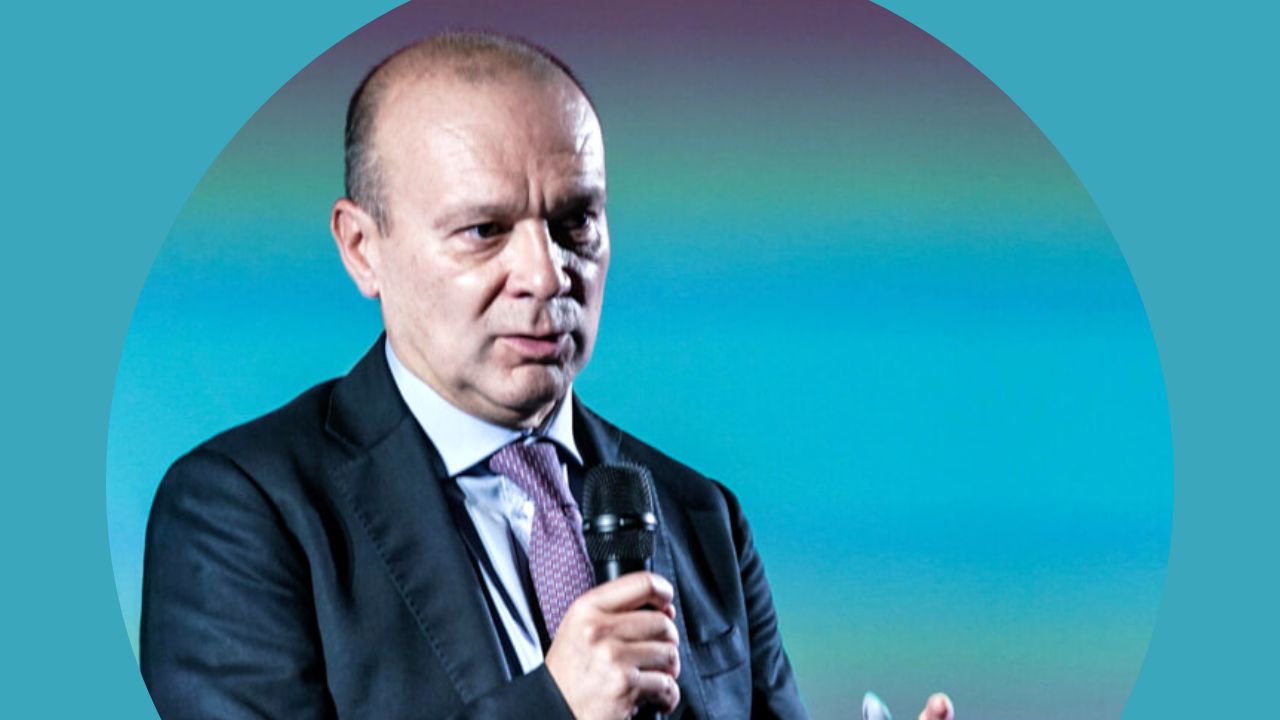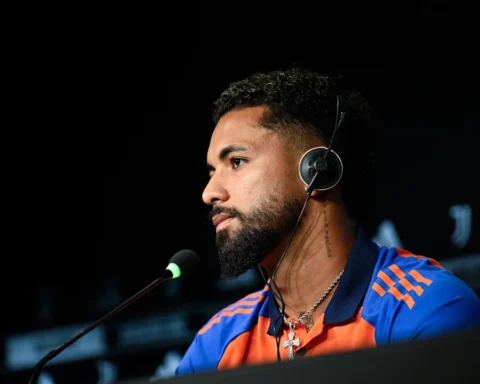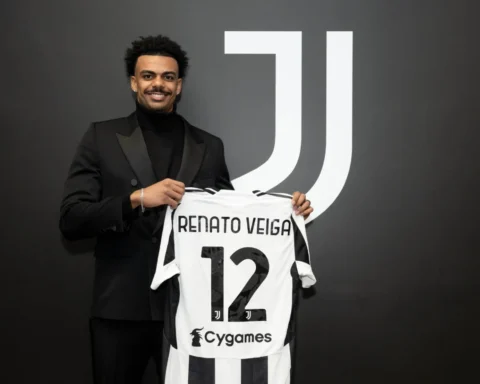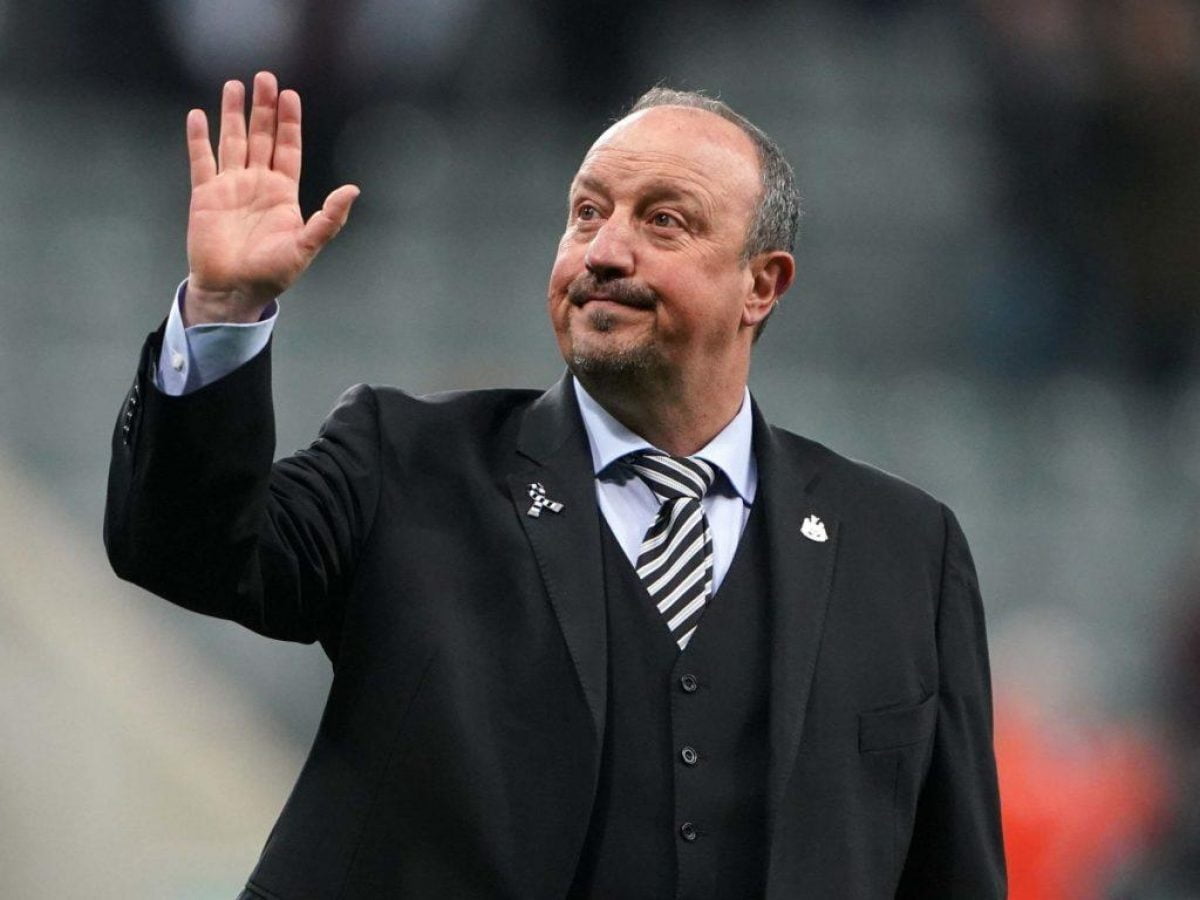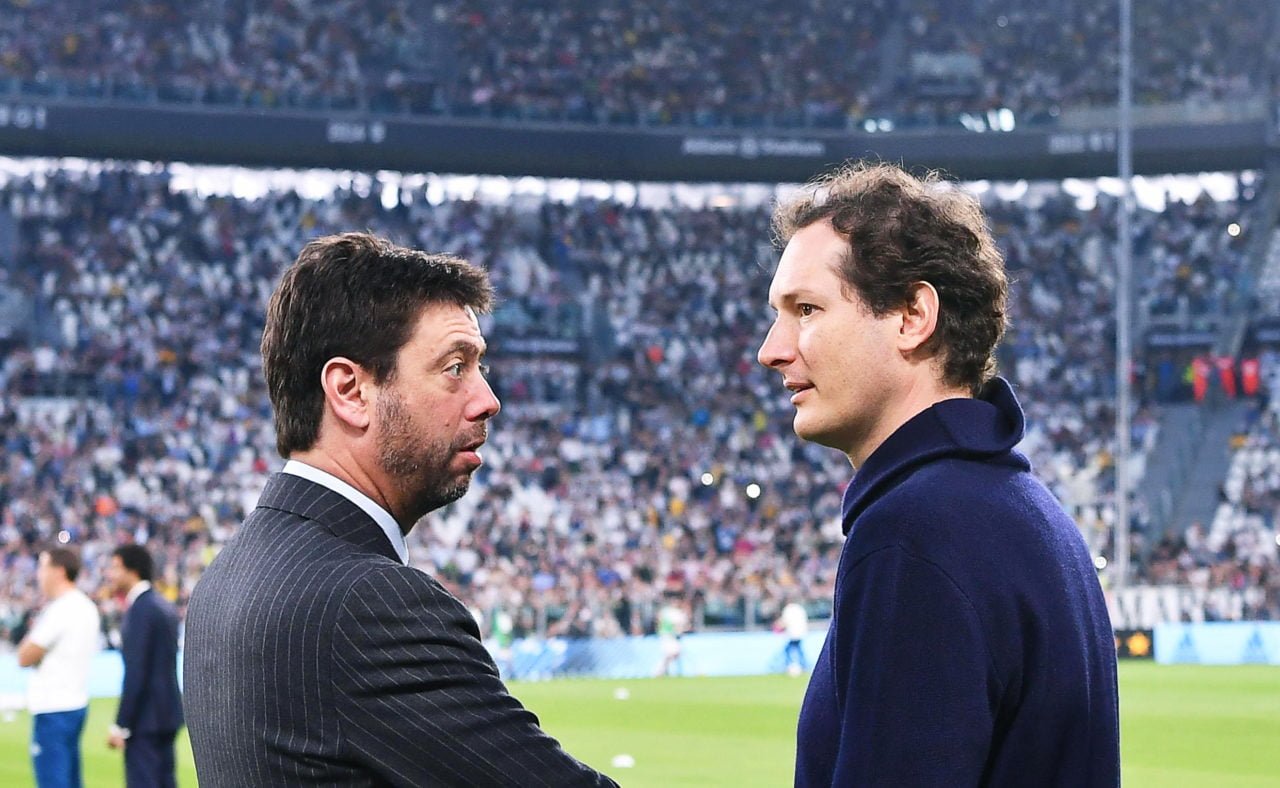Juventus CEO Maurizio Scanavino says the club are always on the lookout for another Cristiano Ronaldo. The Bianconeri boss spoke at length with Tuttosport about a range of subjects, including the future of Federico Chiesa and Max Allegri’s departure from the club:
John Elkann spoke about a reset and a new cycle. What are the foundations of this new Juventus cycle?
“Competitiveness and sustainability is not just a slogan. It’s a concept that needs to be interpreted correctly. Our approach is not a narrow one, solely focused on accounts, exclusively caring about sustainability without considering the desire to be competitive. In short, being competitive to win remains our goal, our ambition. We must pursue it on a path more attentive to costs. But, for example: we didn’t sell Bremer, instead we renewed his contract. We had very interesting offers from an economic point of view, but the sale, although profitable, would have weakened us, so we said no. We take competitiveness seriously; it’s not just a word to flaunt.”
Your transfer campaign is addressing the problem of so-called “surplus” players, towards whom you’re taking a more decisive stance compared to the past. Thiago Motta, for example, clearly stated that Chiesa is not part of the project.
“In this case too, it’s a matter of transparency. It’s useless to tell lies when everyone knows the truth. We respect our opponents and their ability to evaluate certain situations. So, it’s better to be transparent, right? Then, as happens everywhere, you can be non-functional in one reality and very functional in another. Decisions about players depend on the playing system, the coach’s choices, human factors, and economic factors.”
The complicated part is finding buyers.
“Today it’s very difficult to sell. You need to find the right combinations, and we’re in a market situation that’s not particularly flourishing, not only in Italy, because the market isn’t moving anywhere. Many clubs have to meet financial fair play parameters, so they tend to sell more than buy. Saudi Arabia has this strange anomaly where their market ends later, so they might wake up in September, or maybe they’ve lost that stimulus to buy players or have rationalized their management. All this makes it difficult to make sales.”
Will Juventus one day return to buying a Cristiano Ronaldo? That is, an already established champion at those levels?
“If we mean Ronaldo as an example of a top player, then yes. I absolutely don’t exclude that a top player might arrive tomorrow. Of course, we also want to be able to create them ourselves, focusing on young players or talented players who haven’t yet fully exploded. But, as I said, sustainability must absolutely not exclude competitiveness. Juventus still has significant resources, so in the overall economic investment on the first team, it’s not excluded that a top player might arrive tomorrow; indeed, I would say there will be.”
From your words, I deduce that the plans for Next Gen haven’t changed. Does it remain an important asset for the club?
“It remains an absolutely important asset. A very, very significant economic investment has been made in Next Gen over the years, which is now beginning to bear its first fruits. And precisely because it has been an important investment on which there is momentum, we will certainly continue to invest with the aim of developing talent. Then, as I said, not all can be functional for Juventus, and therefore, some Next Gen players can always be used to create economic resources to reinvest in the market.”
You are one of the last major European clubs with family ownership and not a fund.
“In the foundations we were talking about earlier, I would also mention the continuity of ownership. Because Juventus is based on an ownership that has been the same for a hundred years and which is a unique element in the world of sport. These are the foundations. John Elkann’s visit on the first day of retreat made Motta and the team feel the presence and commitment of the family. These are things that are strongly perceived by the coach and players. It’s always a special moment when he visits.”
Why in the world of football funds do you have a physical person speaking to you?
“There isn’t an anonymous shareholder. Here, everyone knows what the Agnelli family is and what it represents in the history of this club.”
Is the family and the century-long continuity the reason why Juventus, in the end, overcomes every type of crisis?
“The solidity and continuity of ownership is an important element. It emerges and also makes Juventus players proud. Even in particularly difficult moments and situations of serious emergency, like those of last year, there is the guarantee of commitment from this type of ownership, and it’s an element that also helps in terms of communication and internal motivation. The fact of having an ownership like ours behind us, which has guaranteed its support, has made a pure emergency situation possible to manage.”
Did you expect Allegri’s divorce to be a bit different?
“The ending was unexpected. Certainly, we had a second part of the season that wasn’t easy from a sporting point of view. Then there was that reaction in the Coppa Italia final that forced us to take initiatives and interrupt the relationship with him. The will of both parties was to find an agreement, as happened. That said, even in the phase following the interruption, the personal relationship with Max has always been excellent both from a professional and personal point of view.”

